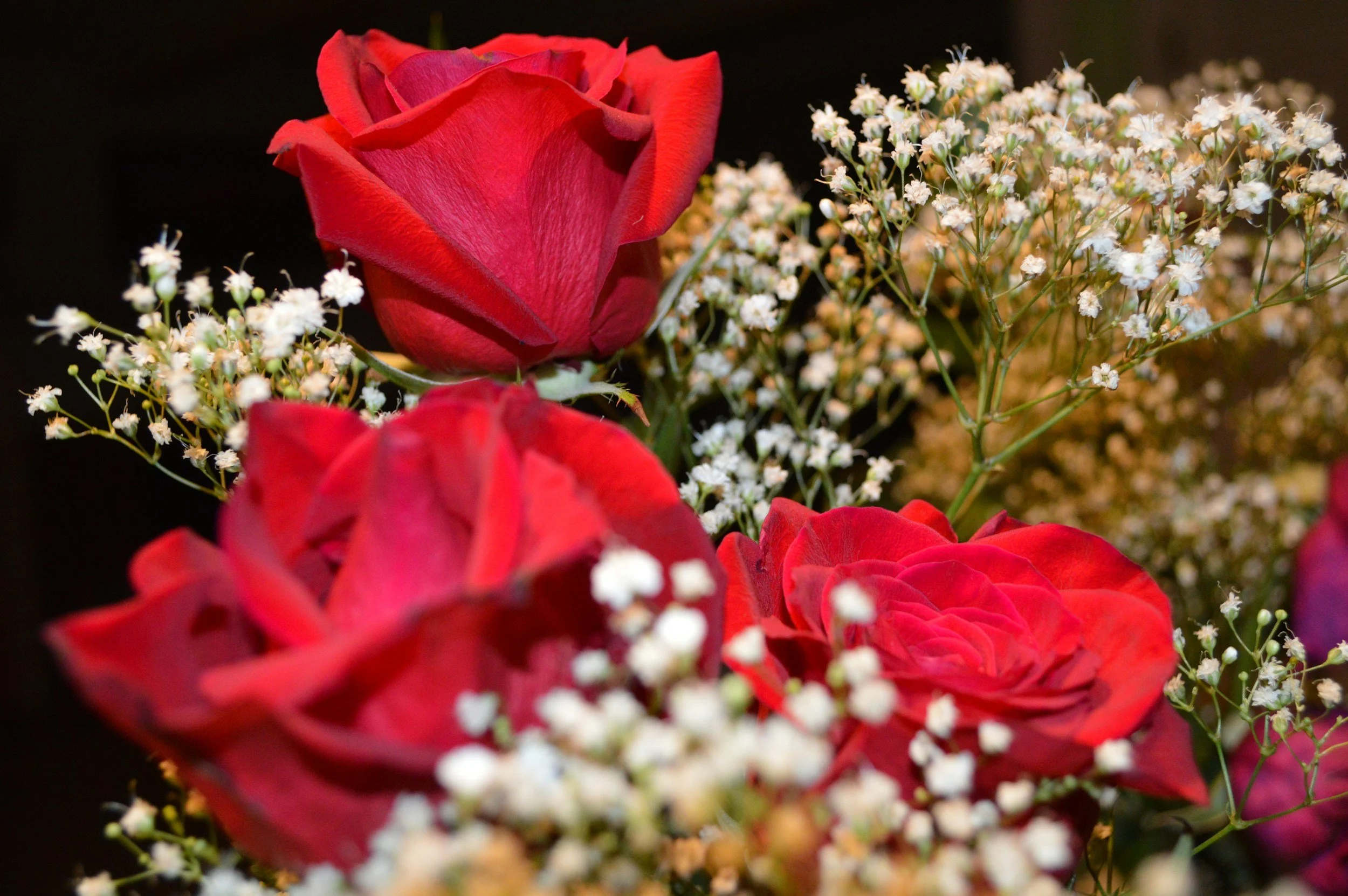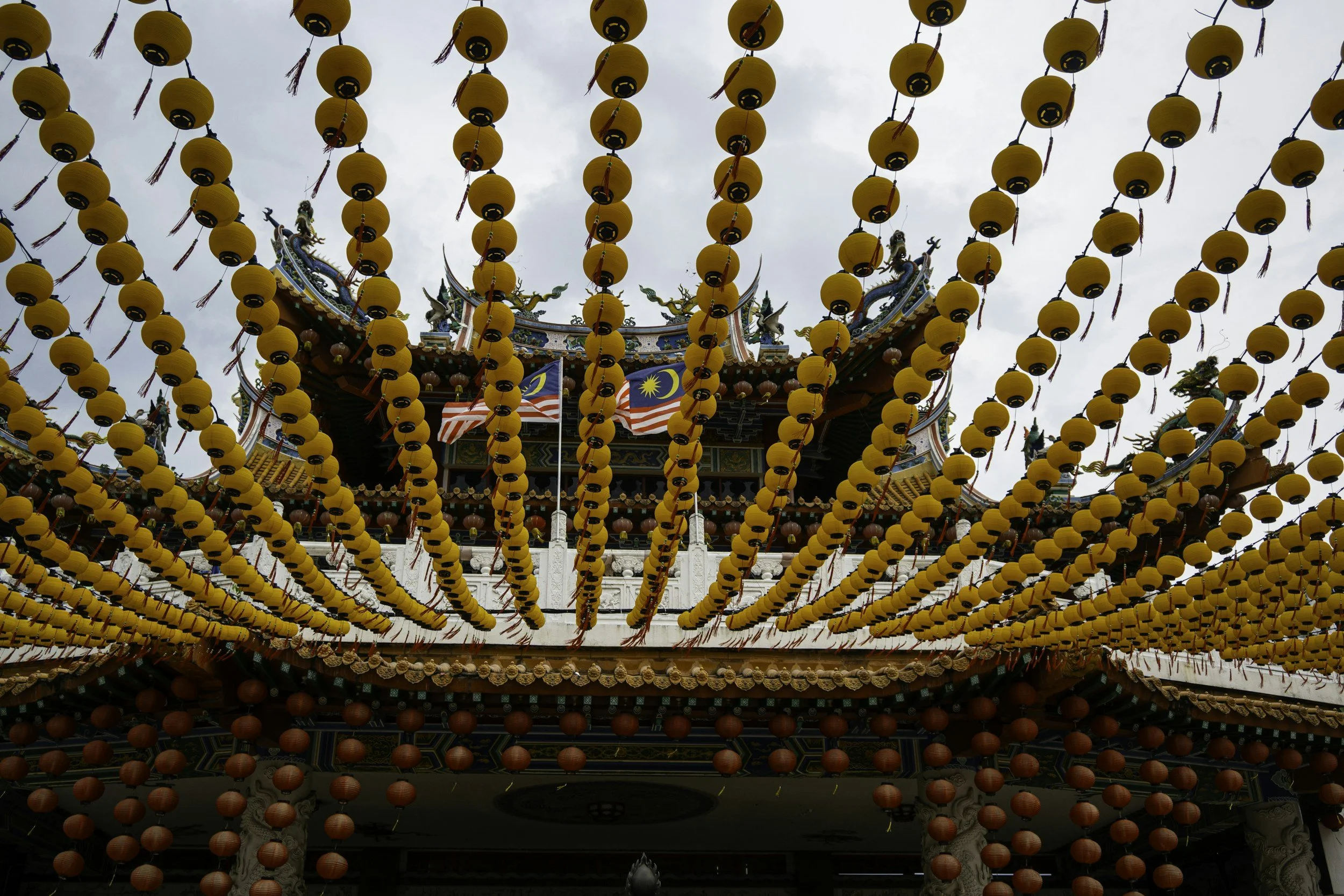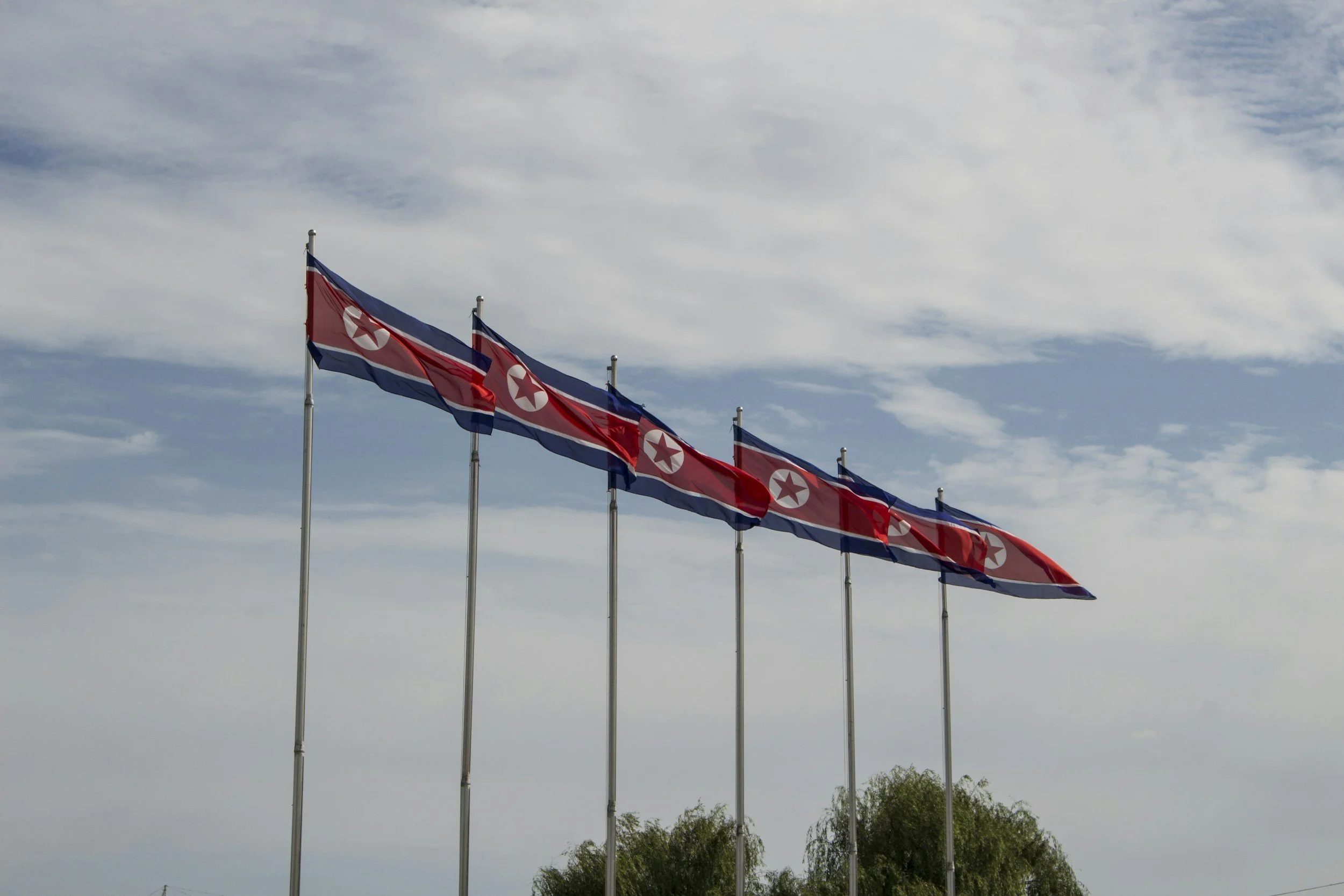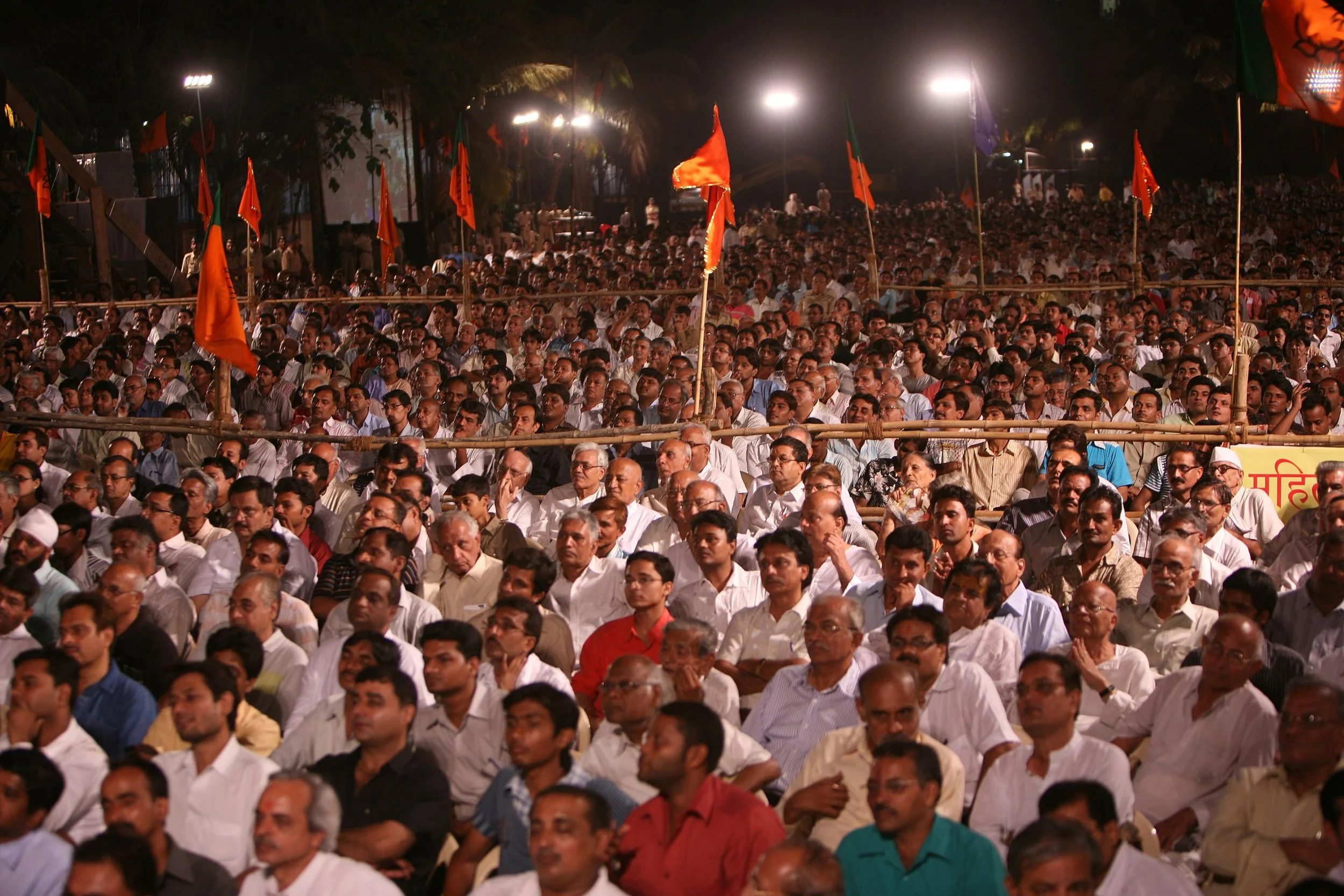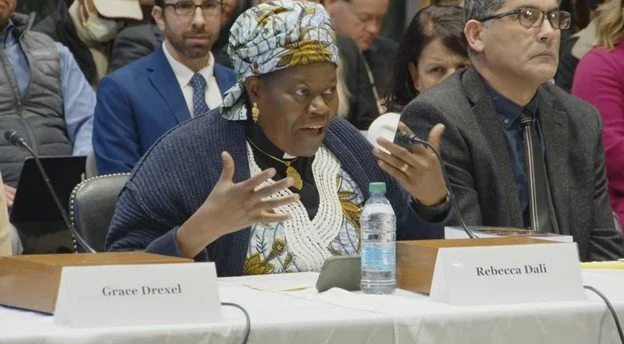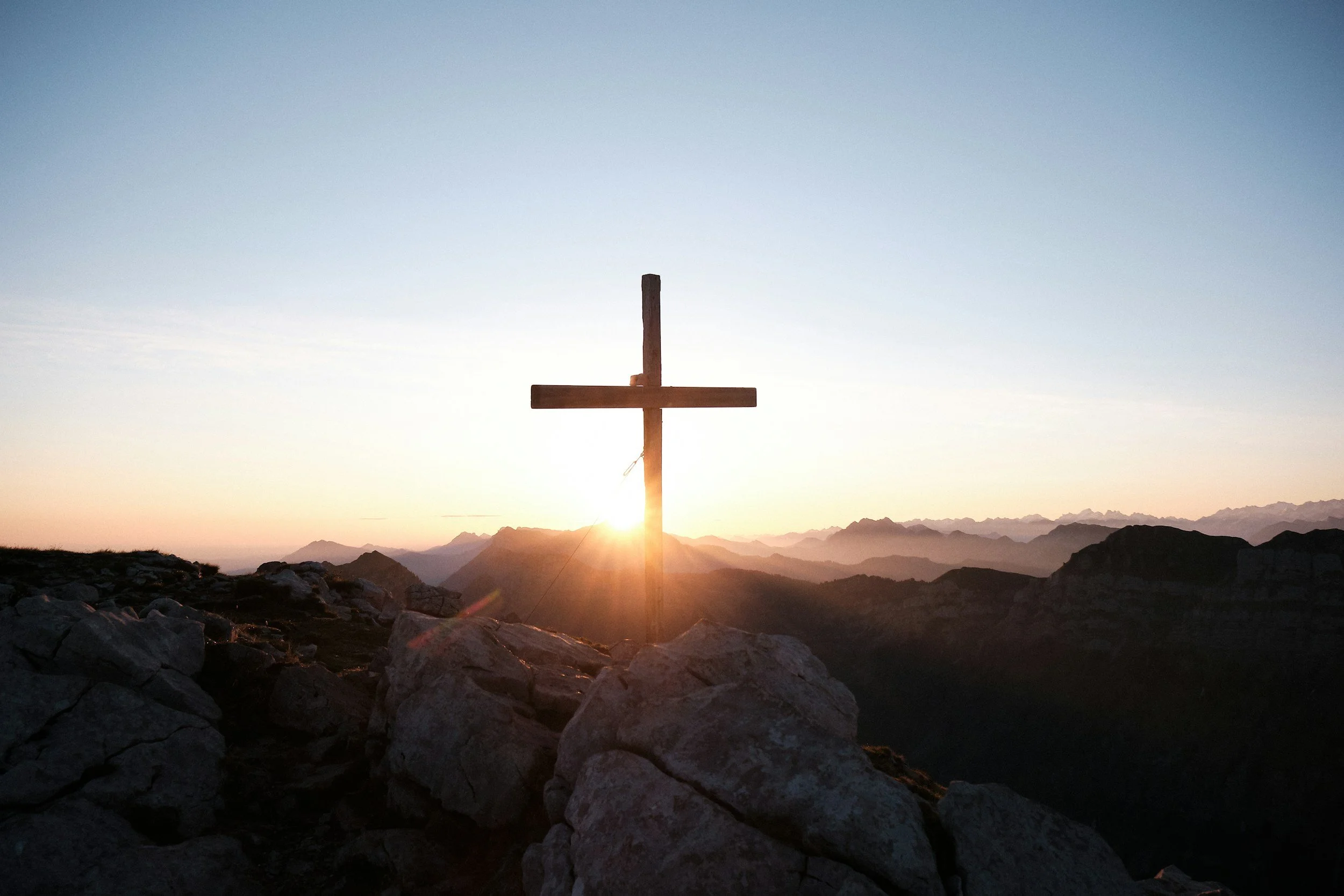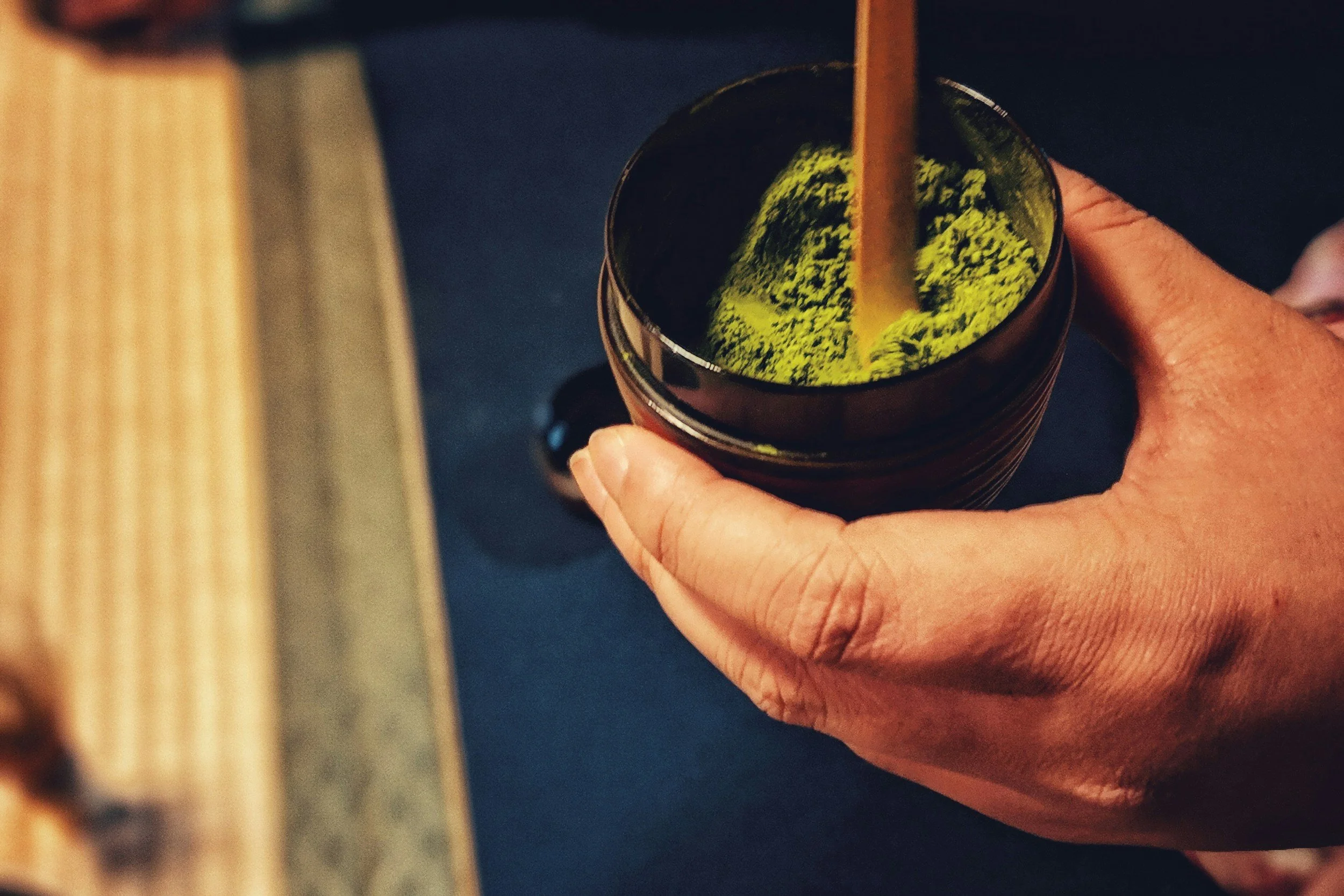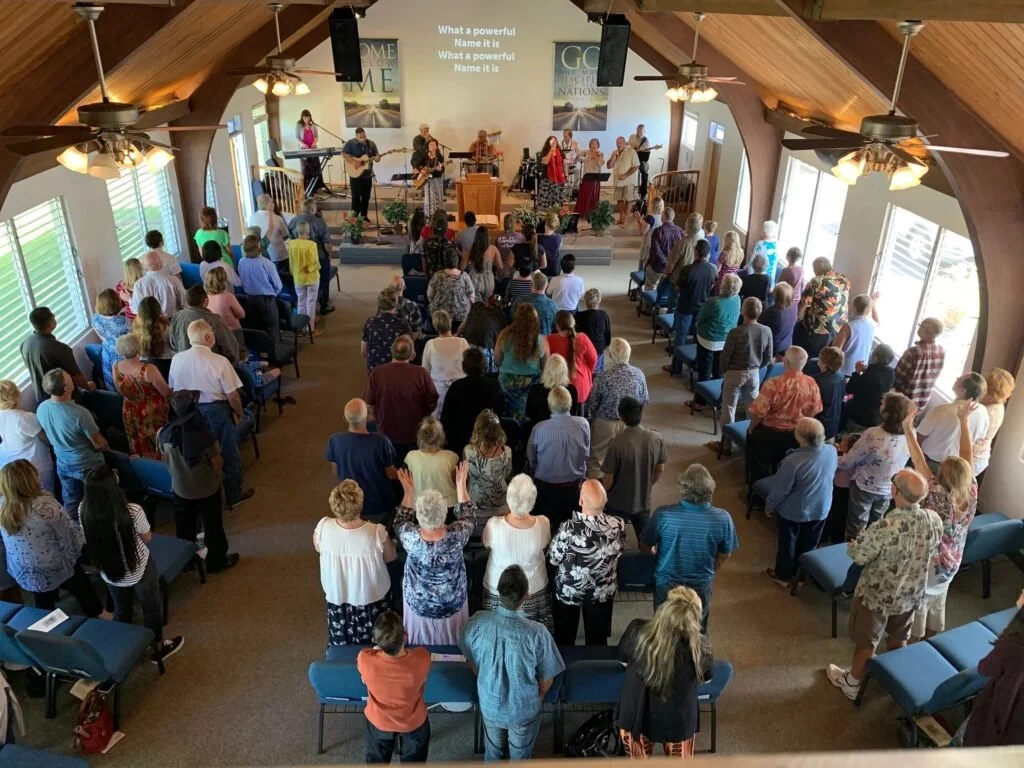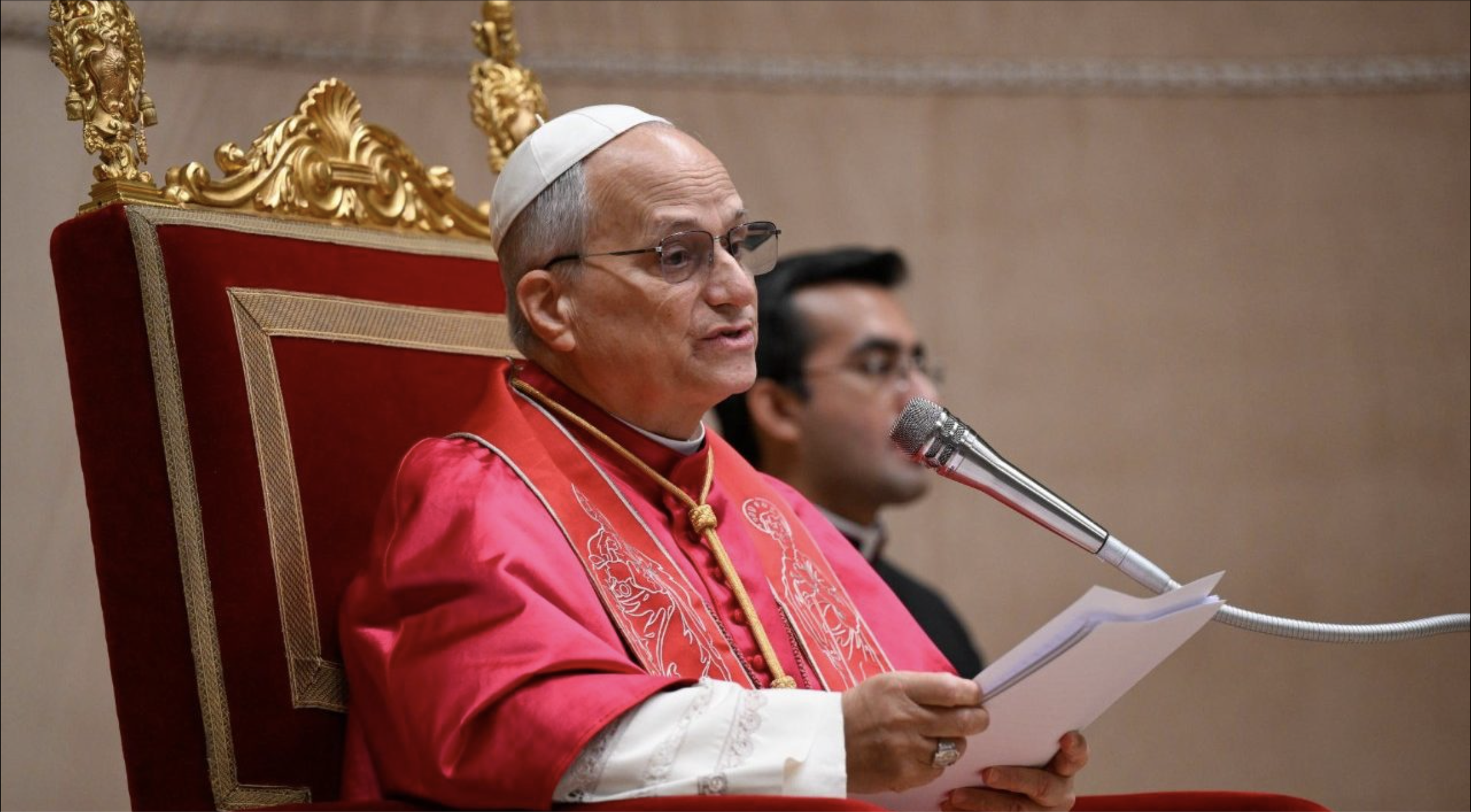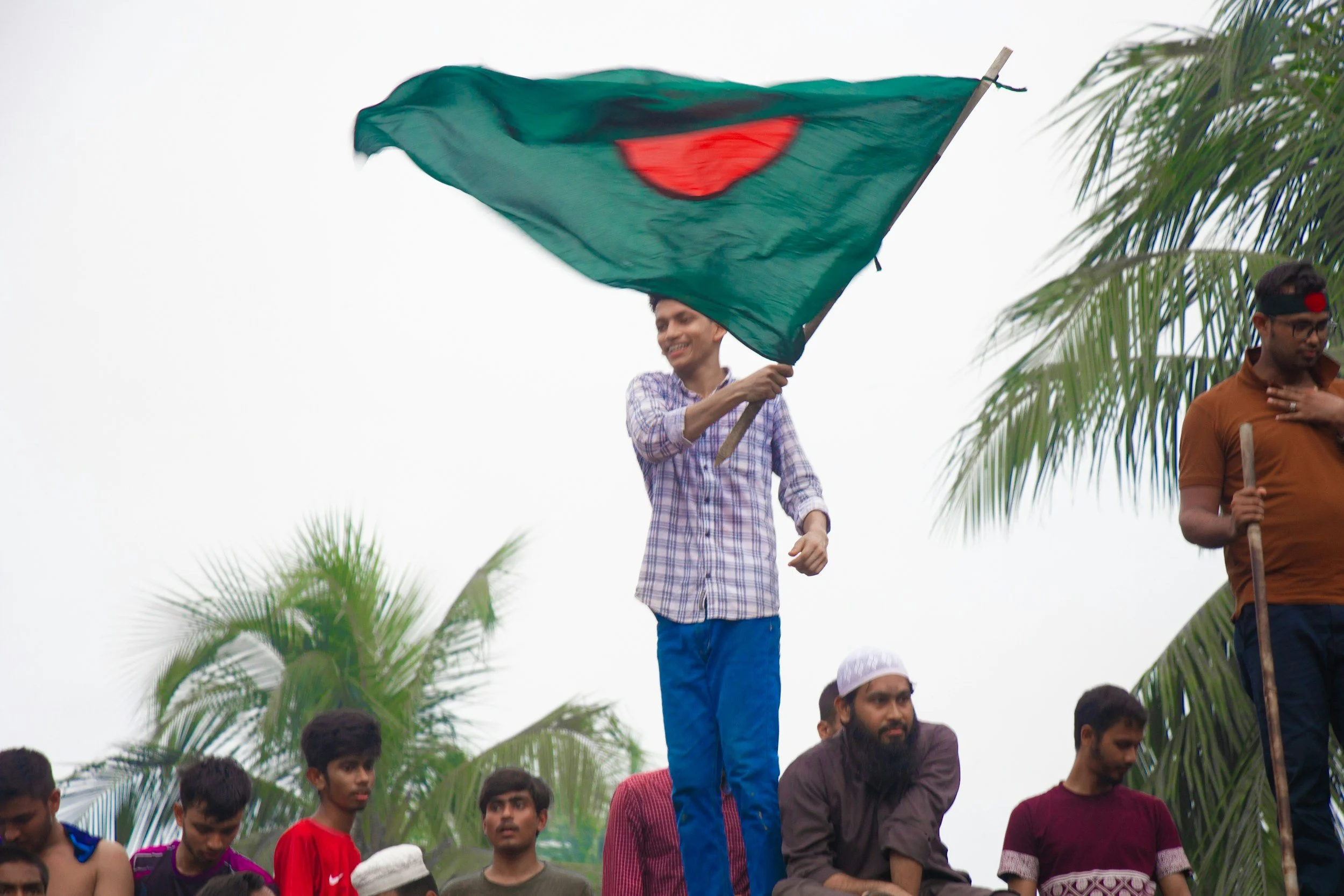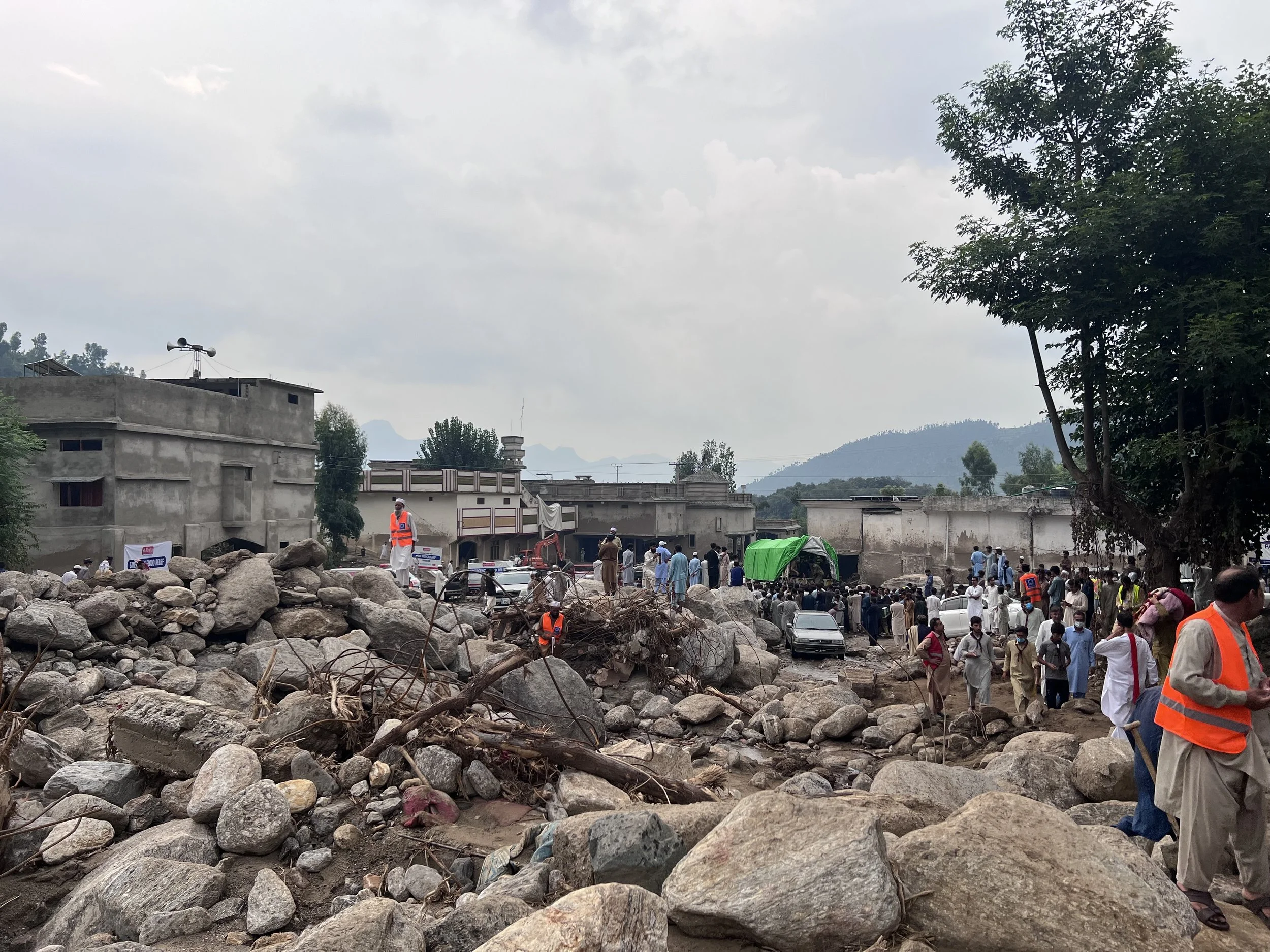(ANALYSIS) Each Valentine’s Day, Hindu nationalist groups in India target couples, framing public affection as a cultural threat. Drawing on theories of moral panic, moral foundations and crowd psychology, this anxiety about social change, identity politics and purity-based values combine to justify moral policing and restrict personal freedom.
Read More(ANALYSIS) Religious traditions across cultures have often treated menstruation and childbirth as sources of ritual impurity. In Chinese Buddhism, the “Blood Bowl Scripture” condemned women to “Blood Pond Hell.” Today, women reinterpret these beliefs, emphasizing maternal sacrifice, agency and alternative understandings of female bodies.
Read MoreCatholic pro-democracy activist Jimmy Lai was sentenced on Monday to 20 years behind bars in one of the most prominent prosecutions under a China-imposed national security law that has reshaped Hong Kong’s political landscape.
Read MoreNorth Korea is right there. Standing on the observation deck at Aegibong Peace Ecopark, holding cups of coffee from the brand new Starbucks behind them, visitors gaze across the Han River to the rolling hills of the world’s most isolated, enigmatic and repressive state.
Read More(ANALYSIS) The Maldives, the small South Asian island nation, recently passed a new law to tighten the noose of the media. But this new law also indirectly strengthens the state’s restriction on religious freedom. Under this law, media outlets will be punished if they publish any content that contradicts Islamic principles or that could be seen as offensive to Islamic sentiments.
Read MoreIndia recorded 1,318 in-person hate speech incidents in 2025, averaging more than three each day and overwhelmingly led by Hindu nationalist groups affiliated with the ruling Bharatiya Janata Party. The report supports the inference that a political choice is behind the sustained scale of public incitement, which undermines both the rule of law and the idea of equal citizenship.
Read MoreViolence against Christians has reached an all-time high in 15 countries, with 388 million people facing severe persecution worldwide, Open Doors reported. Nigeria remains the deadliest nation, while Syria saw the largest single-year rise amid instability. Other dangerous parts of the world include North Korea, Somalia and Yemen.
Read MoreA Nigerian minister and humanitarian urged the U.S. government to use peaceful methods to address religious persecution during a Jan. 13 USCIRF hearing in Washington. Rebecca Dali said bombing worsened trauma for communities and encouraged intelligence-based cooperation, as witnesses testified about Christian persecution in multiple countries worldwide.
Read MoreNigeria, Rwanda, China, Mozambique and Mexico were the most dangerous countries for Christians from 2023-2025 in five distinct categories of persecution, Global Christian Relief said in its second annual Red List.
Read More(ANALYSIS) The Japanese tea ceremony is deeply rooted in the ideals of Zen Buddhism, but the current matcha hype has little to do with the tea ceremony. Green tea has become part of the on-the-go coffee culture. On social media, a centuries-old spiritual practice is compressed into a 15-second reel.
Read MoreRaising up the next generation of church leaders is “vitally important,” says Brian Frable, pastor of Kona Baptist Church on the Big Island of Hawaii. It’s important to Kona Baptist Church and the Hawaii Pacific Baptist Convention “as we advance God’s Kingdom work in the Pacific, Asia, and throughout the world,” he said.
Read More(ANALYSIS) Pope Leo XIV used an annual address to Vatican diplomats to warn that global politics had shifted toward militarism and force. Without naming any political leaders, he criticized war, erosion of international law and weakened human rights, positioning the Holy See as a moral counterweight to rising geopolitical tensions in many places around the world.
Read MoreA Hindu businessman was attacked by a mob in Bangladesh’s Shariatpur district on Dec. 31. He was beaten with sharp weapons, doused in petrol and set on fire. This was the third such attack in a month — part of a larger pattern of violence against religious minorities since the fall of the previous government.
Read MoreBuddhism, founded by Siddhartha Gautama — the Buddha — is a spiritual tradition centered on compassion, mindfulness, and the path to liberation from suffering. Over time, it evolved into three major sects. Theravada, practiced mainly in Sri Lanka and Southeast Asia, preserves the earliest teachings and emphasizes individual enlightenment through meditation and discipline.
Read More(ANALYSIS) In Laos, Christian burials are barred from cemeteries, churches have to find improvised worship spaces, and Christians are often pressured to engage in activities that go against their religion. And with neighboring China’s new influence, it may get even worse.
Read MoreThe line into one of the stadiums at Tokyo’s Komazawa Olympic Park stretched out the door and down the street. The crowd waited patiently in the crisp fall air for a chance to watch the volleyball semifinals at Deaflympics, a worldwide event that brings deaf athletes together to compete every four years.
Read More(ANALYSIS) In Myanmar, when the military has a hard time conscripting enough residents into their ranks, they turn to monks for help. The religious leaders — many of whom have been well-connected to the government — are backing the recruitment drive. The regime has been targeting men across all segments of society — including the urban poor, displaced populations and ethnic and religious minorities.
Read MoreFor thousands of devotees, the journey across the border is not just a trip; it is a reclamation of history, heritage and faith. As Prakash Purab approaches, the pilgrimage carries more than spiritual meaning. It represents the enduring resilience of a community whose beliefs and traditions transcend the walls of politics and conflict.
Read MoreThis year's floods in Pakistan damaged houses, disrupted livelihoods and displaced thousands of families. The National Disaster Management Authority reported that since June 26, over 1,000 people have died. In response, Muslims, Christians, Hindus and Sikhs were among the volunteers who worked together to establish medical relief camps and provide safe drinking water.
Read MoreHerbie Newell, the president and executive director of Lifeline Children’s Services — said the agency some U.S. families are using for their adoption — is cautiously hopeful that something can still be done to unite the 300 waiting children with their new parents.
Read More
